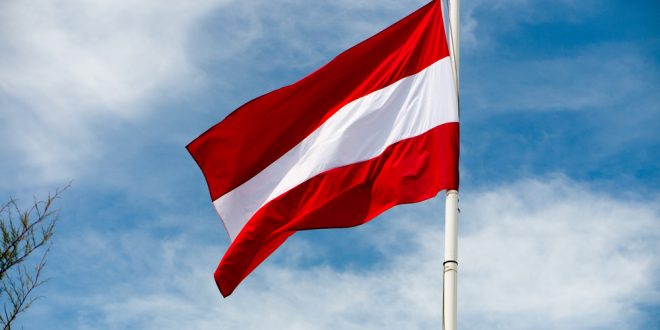The European Gaming and Betting Association (EGBA) has called on the Austrian government to reform the country’s gambling legislation and end the monopoly in the online casino sector.
While most EU countries have implemented modern licensing systems, the EGBA noted that Austria “ “remains locked in the past”, being one of only two EU countries, along with Poland, still maintaining a monopoly.
“The country’s outdated gambling monopoly framework not only falls behind contemporary European standards but actively undermines consumer protection, regulatory oversight, and tax generation,” the trade association added.
EGBA’s call came amid ongoing coalition negotiations following Austria’s general election on September 29.
Despite winning, the far-right Freedom Party (FPÖ) has been unable to secure a coalition partner.
President Alexander Van der Bellen tasked Chancellor Karl Nehammer, leader of the second-largest Austrian People’s Party (ÖVP), with forming a government.
Nehammer plans to create Austria’s first three-party coalition since 1955, uniting the People’s Party, the Social Democratic Party (SPÖ), and the liberal Neos party.
In light of these developments, EGBA urges the three parties to seize this opportunity to implement the much-needed reforms.
EGBA’s Proposal
EGBA advocates for the introduction of a multi-licensing system for online casinos, already implemented in 21 other EU countries.
The association emphasizes that under the current monopoly, a significant portion of the online gambling market remains unregulated, with many Austrian players turning to offshore platforms.
Switching to a multi-licensing system would allow Austria to align with best European practices, improving consumer protection and strengthening regulatory oversight.
EGBA refers to the successful experiences of countries such as Denmark and Sweden, where multi-licensing led to a significant increase in the regulated market share, improved consumer protection, and higher tax revenues.
In Denmark, for example, the share of the regulated market rose from 72% to 90% after the introduction of multi-licensing in 2012.
EGBA argues that moving away from the monopoly system will not only enhance consumer protection — including access to safer gambling tools such as self-exclusion — but also bring significant economic benefits.
The association estimates that transitioning to a regulated market could generate up to €1 billion in additional tax revenue by 2030.
“The evidence from across Europe is clear and compelling: multi-licensing works. It brings gambling activity into the regulated market, protects consumers, and generates significant tax revenue,” said EGBA secretary general Maarten Haijer.
“With government negotiations underway, Austria has a golden opportunity to modernise its approach to online casino regulation and benefit from the proven regulatory approaches elsewhere. The time to act is now,” he added.
EGBA also recommends establishing an independent regulatory body with the authority to effectively enforce gambling laws, as well as introducing consumer protection measures such as self-exclusion systems and responsible gambling tools.
Additionally, the association proposes introducing a “competitive GGR-based tax rate” for online casino gaming to ensure revenue generation while allowing licensed operators to offer “a product that effectively competes with offshore sites.”
Don’t forget to subscribe to our Telegram channel!
